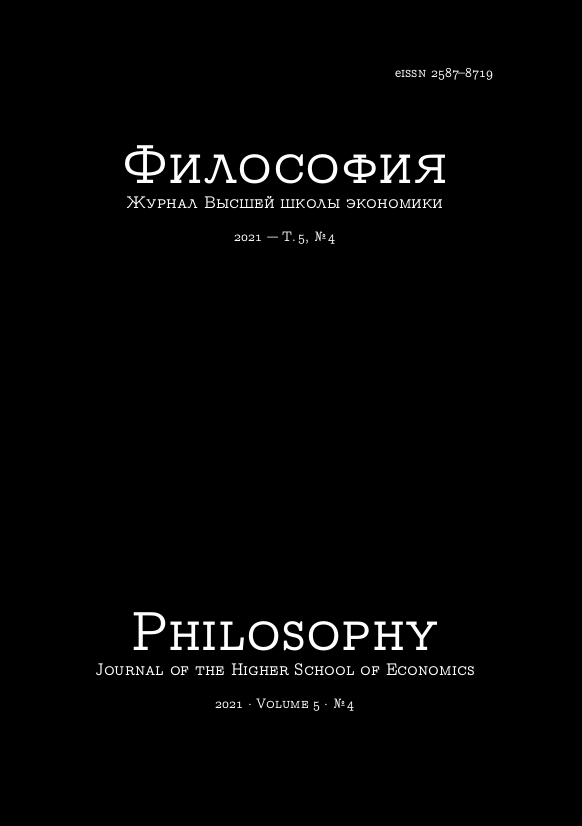Post-Normal Times Laboratory
Abstract
Nowadays, for science as a type of activity and a socio-cultural institution, the question of the boundaries of its own agency is extremely relevant. Various global challenges (energy, climate, pandemics, security, etc.) are in tune with the challenges for the very concept of science, for its norms and values. In a discussion article, V.N. Porus and V.A. Bazhanov discuss aspects of the political agency of post-normal science (J. Ravetz, S. Funtowicz) — a type of science that claims to go beyond normal science (T. Kuhn) as a process simple and definite solution of problems within the framework of the prevailing paradigms. This article discusses aspects of the political subjectivity of science in the language of locations, the most important of which is the laboratory, understood in broad socio-cultural and socio-epistemic aspects. With the involvement of historical and scientific (atomic-nuclear problem) and modern situational cases (COVID-19), the problems of the relationship between “scientific” and “political” in the location of the expanded laboratory are considered. In the extended laboratory, the situational realization of the political agency of science is carried out. It is emphasized that science has not yet acquired the status of an independent and full-fledged political agency, and the corresponding institutionalization. The political agency of science is specific and episodic. Loaded with complexity and uncertainty modernity is considered by a number of authors at the present time as a post-normal times. It is noted that in the light of the post-normal nature of modernity, while striving for political subjectivity, science (at the level of a multitude of participating actors) should not change its “personal ontology” (responsibility for truth), which is difficult to achieve without an appeal to the virtue of wisdom.
Downloads
Copyright (c) 2021 Philosophy. Journal of the Higher School of Economics

This work is licensed under a Creative Commons Attribution-NonCommercial 4.0 International License.






